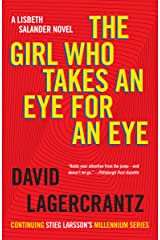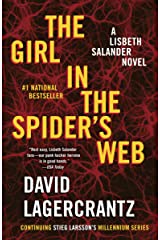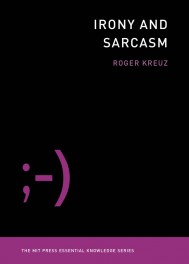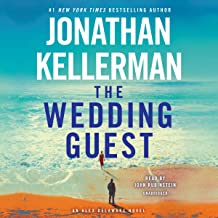Summer reading 2020 |
|
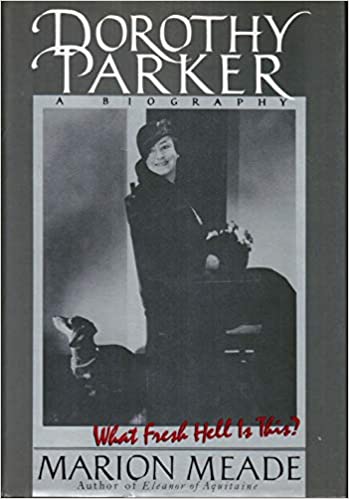
What Fresh Hell is This? by Marion Meade I’ve been wanted to tackle this for a while – and Parker has been a fascination since I learned about the Algonquin Round Table. Meade brings DP alive in all her glory and got me interested enough in the period of publishing history to restart Thomas Kunkel’s Genius in Disguise: Harold Ross of the New Yorker. |
|

The Confidence Game by Maria Konnikova A readable exploration of why we fall for things – and why con artists do what they do and get away with it—the mark, the put up, the play, the rope, the tale, and more. |
|
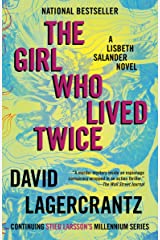
The Girl Who Lived Twice, The Girl Who Takes an Eye for an Eye, and The Girl in the Spider’s Web by David Lagercrantz Propulsive page turners with workmanlike plots that don’t disappoint. But Lagercrantz is turning Lisbeth Salander into Jack Reacher. Or maybe she always was.
|
|
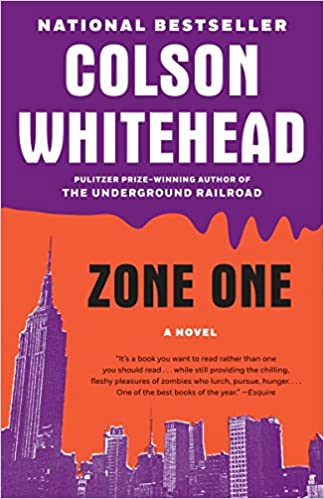
Zone One by Colson Whitehead One of the things I love about Colson Whitehead is his range—everything from woo woo to and history–this was a real stretch. Engagingly weird and metaphorical—a plague generates a zombie apocalypse we follow a protagonist—a sweeper clearing the city of zombies– who consider himself overwhelmingly average. |
|
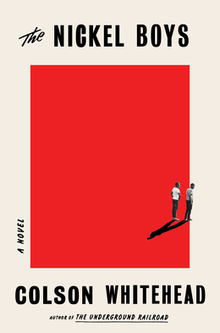
The Nickel Boys by Colson Whitehead A true history horror story of racism and brutality in the not-so-old south. The main character finds redemption and truth but with a twist. |
|
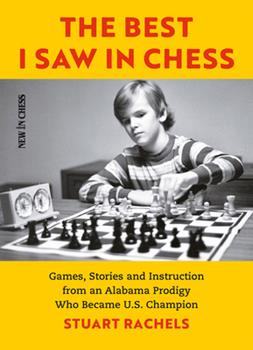
The Best I Saw in Chess by Stuart Rachels A multifaceted memoir by the youngest American every to become a chess master. Part instruction manual and part memoir in the narrative tradition of Korchnoi and Tal, but better written. |
|
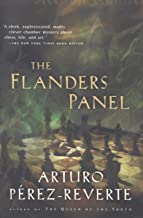
The Flanders Panel by Arturo Pérez-Revert Art restoration meets chess analysis. Tedious characters and disappointing in lots of ways but the chess problem was interesting if you like retrograde analysis. |
|
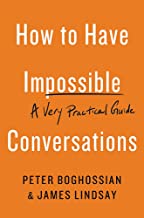
How to Have Impossible Conversations by Peter Boghossian and James Lindsay A philosopher and a mathematician offer useful conversational techniques necessary for opening minds and navigating controversies. Useful material but the style if kind of self-helpy. |
|
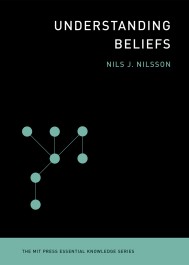
Understanding Beliefs by Nils Nilsson I reviewed Roger Kreuz’s excellent book Irony and Sarcasm for Choice, which prompted me to reread Nils Nilsson’s Understanding Beliefs, which is a terrific and readable book on epistemology, the scientific method and problems of thinking by a computer scientist. I feel like working through the entire MIT Press Essential Knowledge Series.
|
|
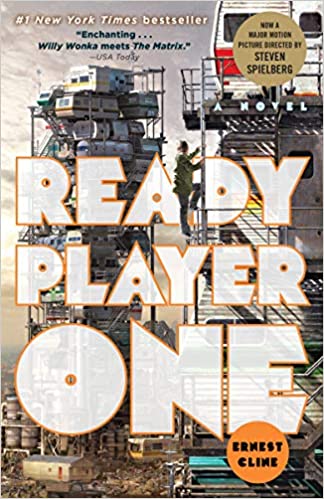
Ready Player One by Ernest Cline 2044. A dystopian future with a nostalgia for the 1980s and combined with a fantasy quest. Better than the film version, which was also good, so it’s worth reading. |
|
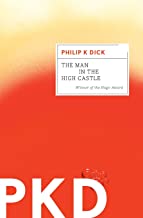
The Man in the High Castle by Phillip K. Dick More dystopia, this time in an alternate reality 1962 in which the allies had lost world War II; lots of interesting features, but the story seems to flag at the end. It would be interest to teach this book though. |
|
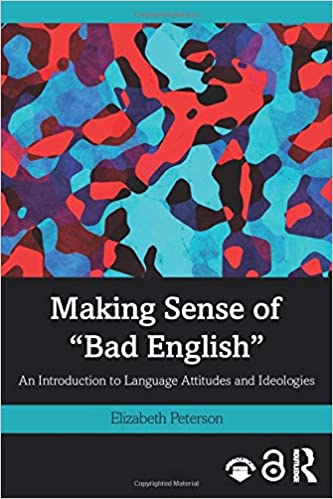
Making Sense of “Bad English” by Elizabeth Peterson Clear and excellent textbook on language ideology and world Englishes and probably not too expensive to assign in a class. |
|
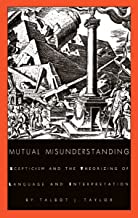
Mutual Misunderstandings by Talbot Taylor A deep dive into common sense and technical understanding of understanding. It turned me into more a of communication skeptic. Academic and historical, covering Locke, Saussure and more |
|

The Wrong Case by James Crumley 1970s Montana noir. Crumley is a great writer but the story has an old school tough guy and doesn’t age well. Stick with James Lee Burke. |
|
Audiobooks |
|
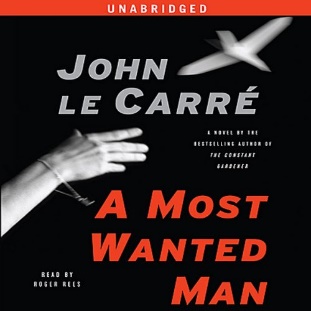
A Most Wanted Man by John Le Carré Le Carré’s thought provoking espionage thriller—packed with possible terrorists, bankers, lawyers, and agents–of works especially well as an audiobook, which has the right pace for all the intricacies. Now to watch the movie. |
|
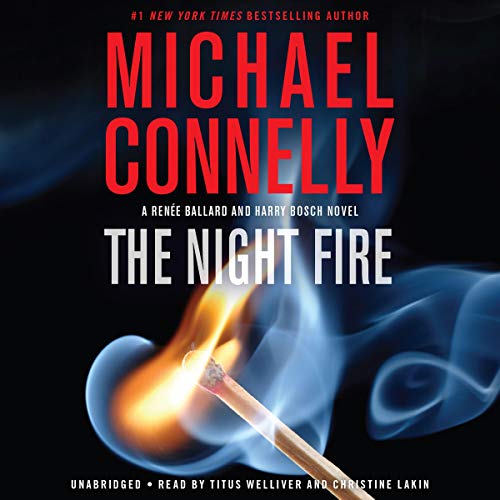
The Night Fire Jonathan by Michael Connelly and The Wedding Guest by Jonathan Kellerman Two great police procedurals and listening to them was like begin with old friends. I prefer Harry Bosch to Alex Delaware as a character but the solve in The Wedding Guest was neater.
|
|
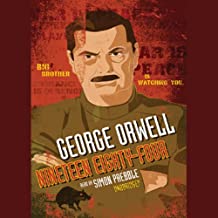
Nineteen Eighty-Four by George Orwell I’ll be talking about this in class so it seemed like time to reread it; great performance by Simon Prebble and the audio brings out some new aspects of the book, including some flaws. |
|
| . | 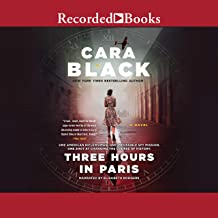
Three Hours in Paris by Cara Black This is the wonderful Cara Black’s 20th novel—and first stand alone?—featuring a female sharpshooter from Oregon who becomes an assassin in World War II. Her mission stalls and she must escape from France. Fast paced, intricate and sharply written |
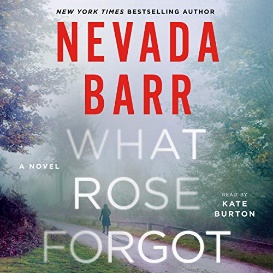
What Rose Forgot by Nevada Barr An intergenerational thriller in which a women breaks out of a corrupt memory care facility and enlists her granddaughter in helping her on the run. Started out a little slow but ended up a fun romp. |
|
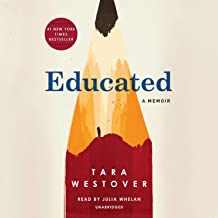
Educated: A Memoir by Tara Westover A colleague recommended this and I’m glad I read it. A harrowing tale of the effects of trauma, family dysfunction, gaslighting and conspiracy ideology—and the power of education. It gave me a new appreciation for some of the aspects of students’ lives. |
|
Still working on Jonathan Lethem’s Men and Comics and Stephen Greenleaf’s Strawberry Sunday.
What was on your list? |
|
-
Recent Posts
Archives
Categories
- Ideas and Opinions (348)
- Interviews (231)
- Language (72)
- Literary Events in Southern Oregon (52)
- What People Are Reading (90)
Meta

 Follow
Follow